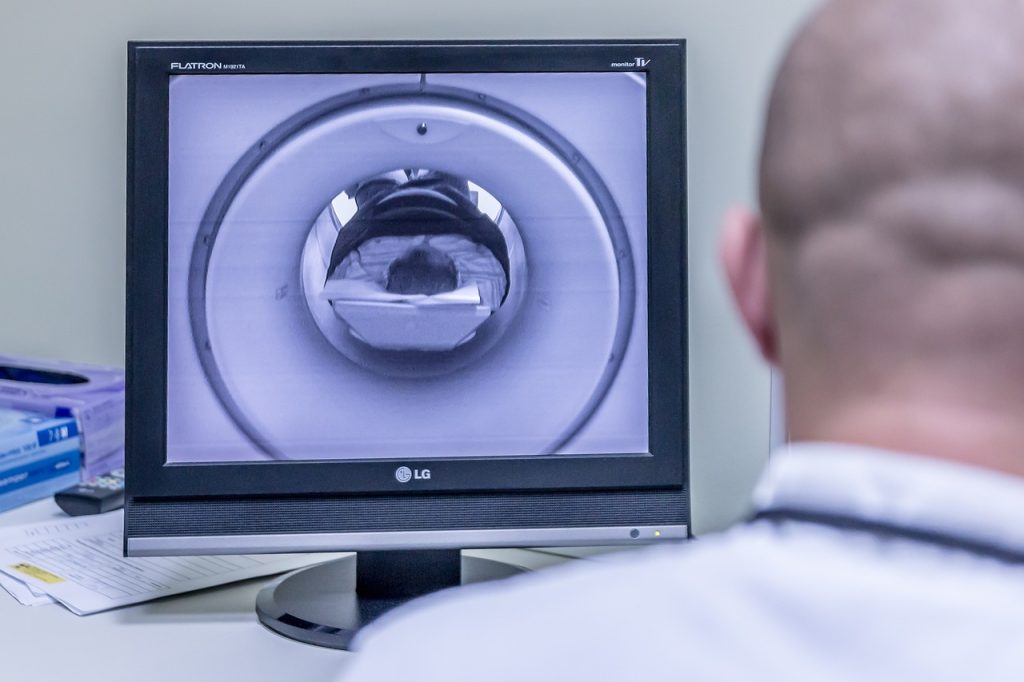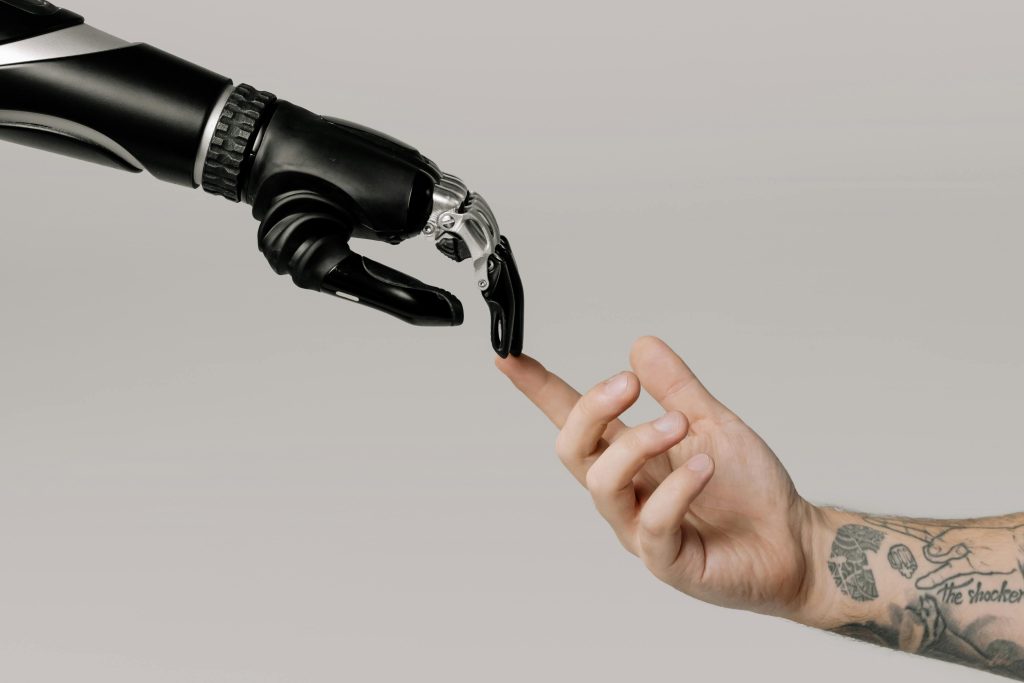The Transformative Role of AI in MRI: Enhancing Diagnostics, Reducing Costs, and Improving Patient Access
Introduction Magnetic Resonance Imaging (MRI) has become essential for diagnosing a wide range of medical conditions, offering highly detailed views of internal structures without invasive procedures. However, the complexity and high cost of MRI scans often pose challenges for both patients and healthcare providers. These challenges are especially apparent when accessing private MRI scans, where cost can vary significantly. The emergence of Artificial Intelligence (AI) is now addressing several of these issues, from optimizing scan quality and reducing time to making private MRI scans more accessible and affordable. AI-Enhanced Image Acquisition: Faster Scans with Reduced Costs One major barrier to MRI access, particularly in the private sector, is the high cost of lengthy scan times. Private MRI scans can range widely in price, often depending on the scan complexity and the provider. Fortunately, AI-powered image reconstruction techniques are speeding up the MRI process. By requiring less raw data to reconstruct high-quality images, AI can reduce scan times significantly. This improvement means more patients can be seen each day, which, in turn, can lower operational costs and make private MRI scans more affordable. For example, advanced deep learning algorithms allow for high-resolution imaging in a fraction of the traditional time, reducing the machine time needed per scan. For patients seeking private scans, this not only translates to a less stressful experience but can also make private scans a more feasible choice due to the lower associated costs. Increasing Diagnostic Accuracy While Maintaining Cost-Effectiveness MRI images are known for their complexity, and ensuring accurate diagnoses typically requires a skilled radiologist’s interpretation. Private MRI providers sometimes include interpretation fees, adding to the scan cost. AI-driven diagnostic support is alleviating some of this burden by enhancing the speed and accuracy of image analysis. Advanced AI algorithms can detect anomalies more rapidly, often spotting subtle details that could otherwise be missed, which ensures precise diagnostics. By improving diagnostic efficiency, AI reduces the time required for radiologists to review scans, which can help lower the price of private MRI services. This efficiency benefits both private and public MRI providers, enabling them to offer competitive pricing while ensuring high standards of care. Personalized Health Insights and Predictive Modeling for Patients Private MRI scans often appeal to those seeking in-depth, proactive health assessments, which can come at a higher price due to the detailed imaging required. However, AI is revolutionizing this area by enabling more comprehensive, personalized assessments through predictive modeling. This technology can predict a patient’s risk for various conditions by analyzing MRI results along with other health data, allowing for a deeper understanding of their health profile. For instance, AI can help private MRI providers offer a more personalized and valuable service, such as early detection of neurological or cardiovascular conditions. This enhanced insight provides patients with peace of mind and actionable information without necessarily increasing the cost of the scan, as AI-driven insights allow for efficient, tailored reporting based on existing data. Addressing Equipment Variability and Standardizing Private MRI Quality One often-overlooked factor influencing the cost of MRI scans is the variability in machine quality across providers. In private facilities, newer or specialized equipment can result in higher scan costs. AI helps address this variability by harmonizing image quality across different types of MRI machines, ensuring consistent results no matter the equipment used. This technology is especially beneficial for private MRI providers, who may operate different machines within the same network. AI’s ability to standardize imaging quality can help make private MRI services more reliable and competitively priced, offering patients a high-quality diagnostic experience across different clinics without unpredictable variations in cost. Real-Time AI in MRI-Guided Interventions and Personalized Health Plans In certain private healthcare settings, MRI is not only used for diagnosis but also for guiding interventions, such as biopsies. AI’s real-time processing capabilities enhance the accuracy and safety of these procedures. This precision can be particularly valuable for patients opting for private MRI services, as AI helps to ensure the highest possible quality of care, reducing the need for additional procedures and the associated costs. Additionally, some private MRI providers are beginning to offer AI-enhanced health plans. Through predictive modeling based on MRI data, AI can provide detailed health forecasts, which are increasingly in demand in private healthcare. This added layer of insight provides patients with more value from their MRI scan investment, making the cost of a private MRI scan more justifiable by delivering deeper health insights. Reducing Radiologist Workload and Making Private MRI Services More Affordable Radiologist workload and time constraints are often reflected in the cost of MRI scans. Private MRI centers, which frequently charge on a per-scan basis, must account for the costs of radiologist time in their pricing structure. AI-driven systems are now automating several aspects of image analysis, allowing radiologists to interpret results more quickly without sacrificing accuracy. By automating repetitive tasks, such as detecting specific types of lesions or categorizing image types, AI enables radiologists to focus on complex cases. This approach can reduce the cost of private MRI services, as less time spent on each scan can translate into lower fees for patients, ultimately making private MRI more accessible to a broader population. Making Private MRI Accessible with AI-Powered Remote Diagnostics AI’s applications in remote diagnostics are creating new possibilities for private MRI scans to become more accessible and affordable. In traditional models, patients would visit large healthcare centers to receive their scans, especially for advanced imaging. With AI, however, MRI data can now be analyzed remotely. This capability allows private MRI providers to reduce operational costs and offer more competitive pricing. Patients in remote or underserved areas, who may have limited access to MRI facilities, can also benefit from AI-driven diagnostics. By expanding remote diagnostic options, AI opens new avenues for affordable private MRI, improving access and enabling patients to receive quality imaging services without extensive travel or prohibitive costs. Future Perspectives: AI and the Price Accessibility of Private MRI AI’s role in MRI is evolving, and as technology continues to advance, the cost of private MRI scans may decrease



